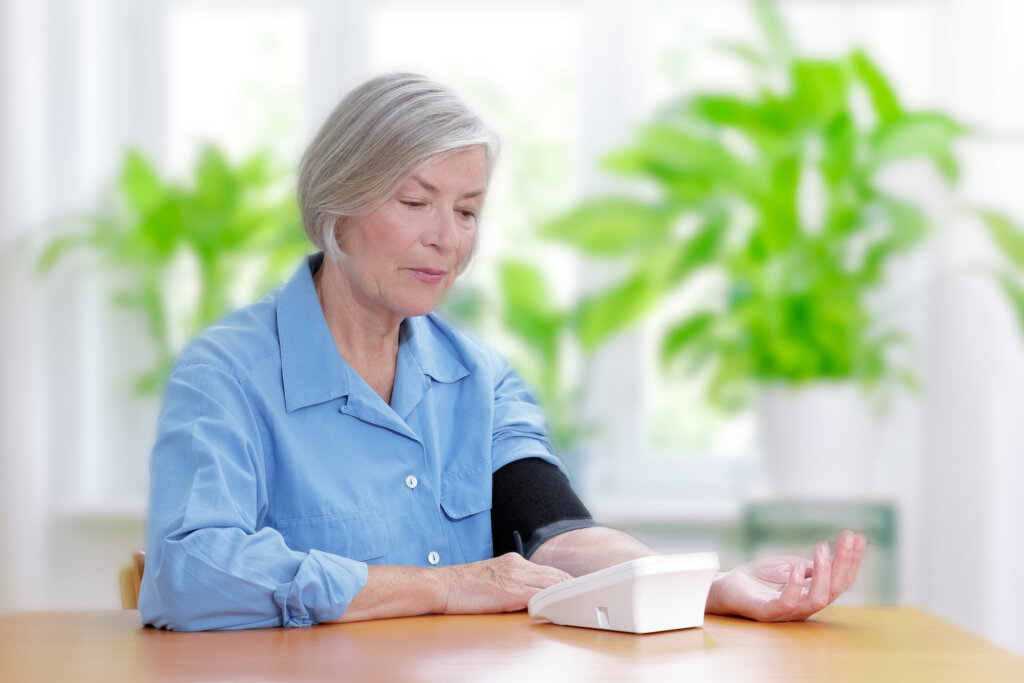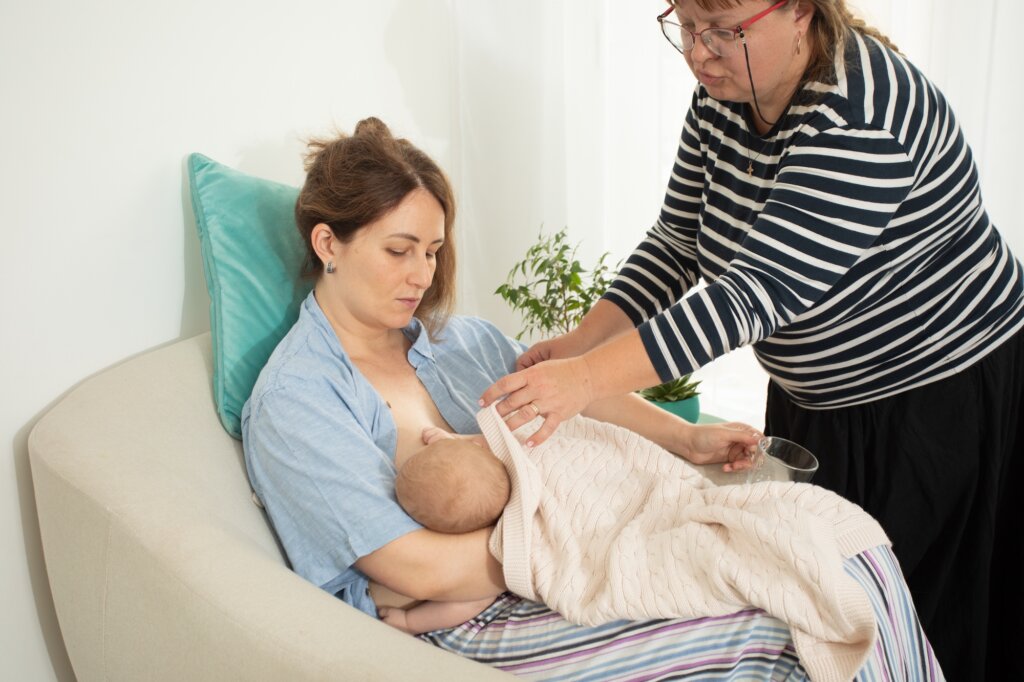The Self-Care Deficit Theory


Reviewed and approved by the psychologist Sergio De Dios González
Dorothea Orem had a distinguished career in nursing. In fact, she created a care model that’s become one of the foundations of modern nursing. It can be employed by anyone with a patient to care for. This proposal is known as the self-care deficit theory.
The theory is based on the premise that individuals can participate in their own care when they’re ill. It proposes guidelines for the individual to take care of themselves or process the help they require when their condition prevents them from full autonomy.
This model indicates that, under normal conditions, the individual must learn self-care since it’s not an innate behavior. Therefore, when they’re sick or suffer certain limitations, it’s important to identify to what extent such self-care can be provided. It’s from here that the principles of the self-deficit theory are born.
“… self-care is an activity learned by individuals, oriented towards an objective. It is a behavior that exists in specific life situations, directed by people toward themselves, toward others, or toward the environment, to regulate the factors that affect their own development and functioning for the benefit of their life, health, or well-being.”
-Ydalsys Naranjo Hernández-
The self-care deficit theory
Dorothea Orem’s theory is based on the assumption that self-care is a set of conscious and deliberate actions aimed at specifying the individual’s health and the actions necessary to maintain or improve it.
There are certain circumstances that are necessary for an individual to maintain their life and health in good condition. This theory identifies them as self-care requirements. They’re as follows:

Universal
These are the conditions that every human being must have to guarantee their life and health. In the self-care deficit theory, there are five:
- Maintenance of sufficient intake of air, water, and food.
- Provision of care associated with the elimination process.
- A balance between activity and rest, and solitude and social interaction.
- Prevention of hazards to human life and well-being.
- Promotion of human functioning.
Developmental
This corresponds to the necessary conditions to maintain life and good health at specific moments of vital development. It includes the possibility of providing support and accompaniment in processes such as pregnancy, birth, lactation, old age, etc. Also included is the support that must be provided under conditions such as the following:
- Educational deficiencies.
- Status issues.
- Social maladjustment.
- Terminal illness.
- Environment changes.
- Poor quality of life.
- Loss of family, friends, possessions, or safety.
Health deviations
These refer to the conditions necessary to maintain life and health when an individual is ill or presents some type of limitation, whether temporary or permanent. In these cases, help or assistance is required in the areas listed below:
- Medical assistance.
- Effects of the pathological state.
- Access to therapies and treatments.
- Learning to live with the illness.
- Attention to the adverse effects of treatment or therapy.
- The willingness to accept care, as needed.

Systems of care
Whoever is in charge of a patient must identify their objective needs, based on the self-care requirements stated above. According to Orem’s theory, a support model is chosen, relevant to the patient’s circumstances.
There are three possible alternatives: full compensation, partial compensation, or educational support. They’re as follows:
- Full compensation. The caregiver must do things for the patient. This means that a large part of self-care is in the hands of the caregiver and not the sick person.
- Partial compensation. What the carer does for the patient compensates for their limitations with regard to self-care. It’s an alternative linked “with the other” and not “in place of the other”.
- Educational support. The patient can take charge of their self-care but still requires support or assistance to complete it successfully. It includes actions of education and/or complementation of self-care.
The central idea of the self-care deficit theory is to accurately identify the real needs of the patient and the actions necessary to satisfy them. The objective is to implement actions so that the patient is increasingly autonomous. In effect, with the purpose of being increasingly capable of providing their own self-care.
Dorothea Orem had a distinguished career in nursing. In fact, she created a care model that’s become one of the foundations of modern nursing. It can be employed by anyone with a patient to care for. This proposal is known as the self-care deficit theory.
The theory is based on the premise that individuals can participate in their own care when they’re ill. It proposes guidelines for the individual to take care of themselves or process the help they require when their condition prevents them from full autonomy.
This model indicates that, under normal conditions, the individual must learn self-care since it’s not an innate behavior. Therefore, when they’re sick or suffer certain limitations, it’s important to identify to what extent such self-care can be provided. It’s from here that the principles of the self-deficit theory are born.
“… self-care is an activity learned by individuals, oriented towards an objective. It is a behavior that exists in specific life situations, directed by people toward themselves, toward others, or toward the environment, to regulate the factors that affect their own development and functioning for the benefit of their life, health, or well-being.”
-Ydalsys Naranjo Hernández-
The self-care deficit theory
Dorothea Orem’s theory is based on the assumption that self-care is a set of conscious and deliberate actions aimed at specifying the individual’s health and the actions necessary to maintain or improve it.
There are certain circumstances that are necessary for an individual to maintain their life and health in good condition. This theory identifies them as self-care requirements. They’re as follows:

Universal
These are the conditions that every human being must have to guarantee their life and health. In the self-care deficit theory, there are five:
- Maintenance of sufficient intake of air, water, and food.
- Provision of care associated with the elimination process.
- A balance between activity and rest, and solitude and social interaction.
- Prevention of hazards to human life and well-being.
- Promotion of human functioning.
Developmental
This corresponds to the necessary conditions to maintain life and good health at specific moments of vital development. It includes the possibility of providing support and accompaniment in processes such as pregnancy, birth, lactation, old age, etc. Also included is the support that must be provided under conditions such as the following:
- Educational deficiencies.
- Status issues.
- Social maladjustment.
- Terminal illness.
- Environment changes.
- Poor quality of life.
- Loss of family, friends, possessions, or safety.
Health deviations
These refer to the conditions necessary to maintain life and health when an individual is ill or presents some type of limitation, whether temporary or permanent. In these cases, help or assistance is required in the areas listed below:
- Medical assistance.
- Effects of the pathological state.
- Access to therapies and treatments.
- Learning to live with the illness.
- Attention to the adverse effects of treatment or therapy.
- The willingness to accept care, as needed.

Systems of care
Whoever is in charge of a patient must identify their objective needs, based on the self-care requirements stated above. According to Orem’s theory, a support model is chosen, relevant to the patient’s circumstances.
There are three possible alternatives: full compensation, partial compensation, or educational support. They’re as follows:
- Full compensation. The caregiver must do things for the patient. This means that a large part of self-care is in the hands of the caregiver and not the sick person.
- Partial compensation. What the carer does for the patient compensates for their limitations with regard to self-care. It’s an alternative linked “with the other” and not “in place of the other”.
- Educational support. The patient can take charge of their self-care but still requires support or assistance to complete it successfully. It includes actions of education and/or complementation of self-care.
The central idea of the self-care deficit theory is to accurately identify the real needs of the patient and the actions necessary to satisfy them. The objective is to implement actions so that the patient is increasingly autonomous. In effect, with the purpose of being increasingly capable of providing their own self-care.
All cited sources were thoroughly reviewed by our team to ensure their quality, reliability, currency, and validity. The bibliography of this article was considered reliable and of academic or scientific accuracy.
- Armus, D. (2002). La Enfermedad En La Historiografía De América Latina Moderna. Asclepio, 54(2), 41-60. https://works.swarthmore.edu/fac-history/43/
- Hernández, Y. N., Pacheco, J. A. C., & Larreynaga, M. R. (2017). La teoría déficit de autocuidado: Dorothea Elizabeth Orem. Gaceta médica espirituana, 19(3). http://scielo.sld.cu/scielo.php?script=sci_arttext&pid=S1608-89212017000300009
- Tobón Correa, O. (2003). El Autocuidado una habilidad para vivir. Hacia la Promoción de la Salud, 8, 37-49. https://pesquisa.bvsalud.org/portal/resource/pt/lil-479433
This text is provided for informational purposes only and does not replace consultation with a professional. If in doubt, consult your specialist.







